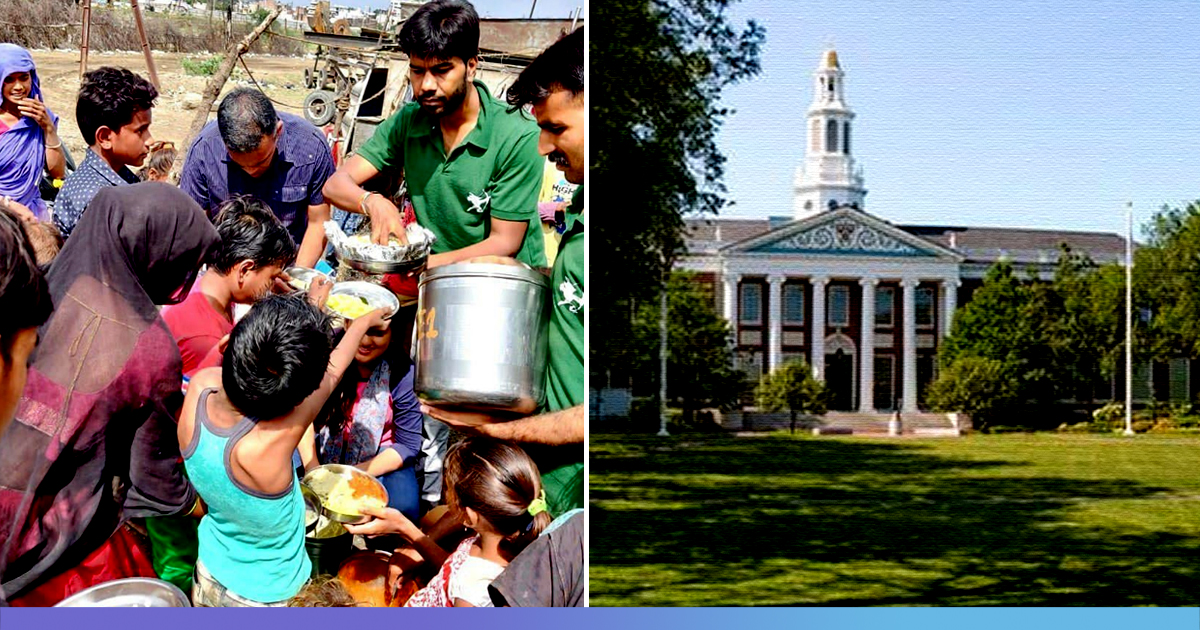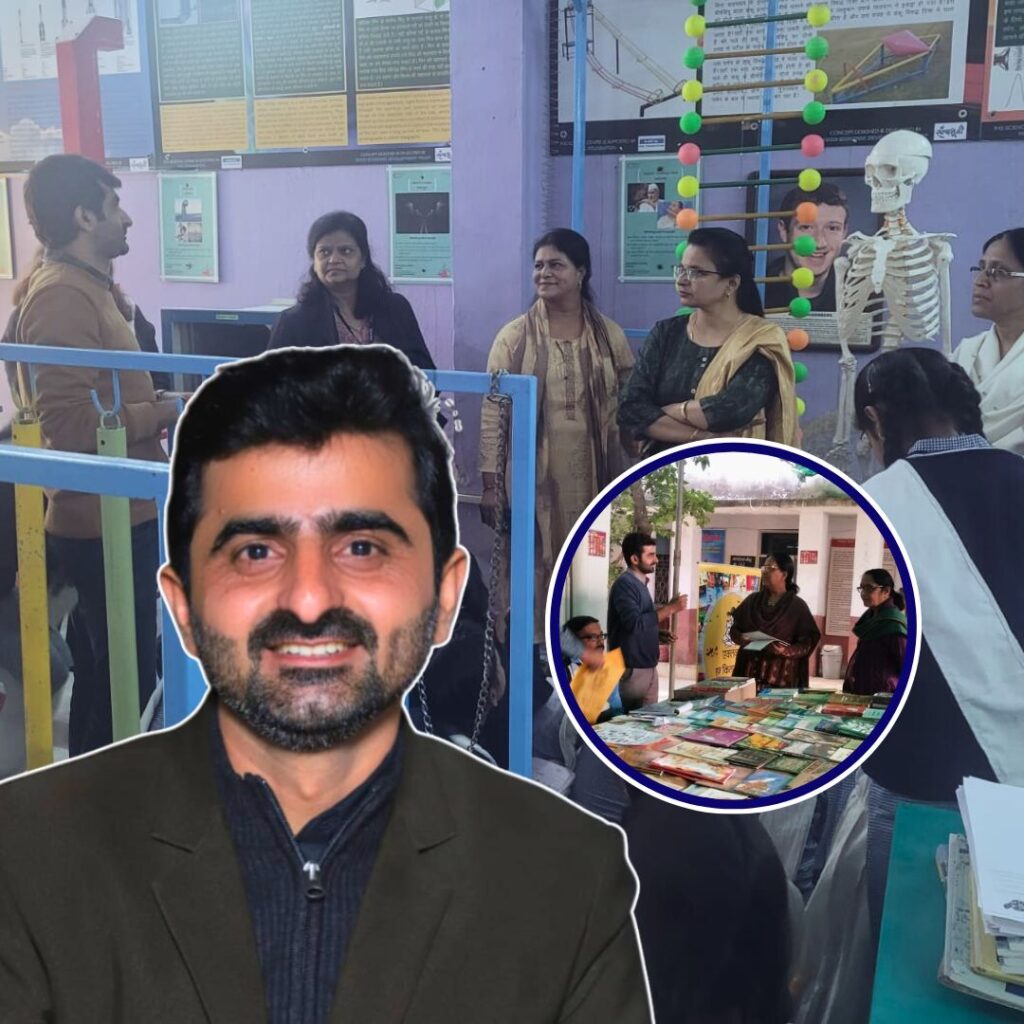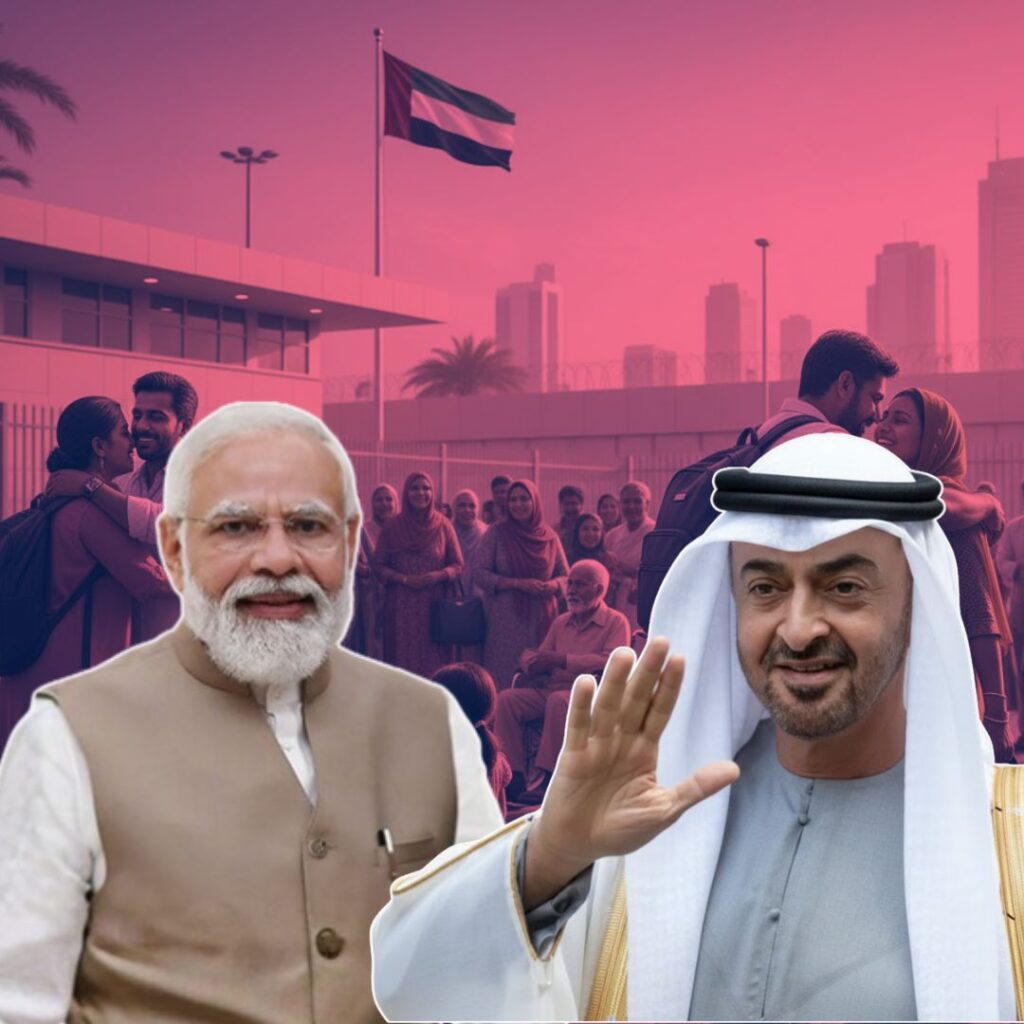Robin Hood Army(RHA), the Indian non-profit organization that serves surplus food from restaurants and weddings to the hungry, will now be taught as a case study for students of Harvard’s full-time MBA programme.
RHA was founded in Delhi in 2014 with just five people who served 150 people on their first drive. Today, RHA is operational in 158 cities across 9 countries with 40,000 active volunteers and has served 25 million people so far.
“It is an interesting case study of an organisation that has achieved some scale, both within India and internationally, but without any financial support,” Brian Trelstad, senior lecturer at Harvard Business School (HBS) was quoted telling The Economic Times.
The case study was written last year by Susanna Gallani, assistant professor at HBS, after meeting Neel Ghose, founder of RHA. Ghose was part of Gallani’s MBA class of 2019.
“It was in a small group lunch when I go around the room and say, “So, what do you do in your spare time? Why are you here?” He brought up this idea of the Robin Hood Army and what he was doing with it. And I remember half of the people at lunch had tears in their eyes,” said Gallanni in a podcast Cold Call, a part of HBR Presents – a network of podcasts curated by Harvard Business Review(HBR) editors.

Robin Hood Army/Facebook
What stands Robin Hood Army (RHA) apart from similar organisations is that they do not accept any money for their services – they follow their ‘golden rule’ of being zero-funds. When restaurants contact the team about surplus food, the volunteers use their own vehicles to collect the food and distribute it to the hungry.
RHA also runs an academy in some cities called ‘Robin Hood Academy’ where they teach street children during the weekend and helps them get into schools.
The organisation follows a de-centralised form of working and the operations are mostly carried out through instant messaging platform WhatsApp. They do not have an office space or full-time employees; the volunteers – called ‘Robins’ – work during their free time.
Ghose was inspired by a similar organisation called ReFood that he came across when he was living in Lisbon in 2014, while working with Zomato. Fascinated by the idea, he came back to India and started RHA with a couple of his close friends.
Tackling The Hunger Problem
According to the latest Global Hunger Index (GHI) list of 117 countries, India ranks at the 102nd position, slipping from the 95th position in 2010. The report jointly published by Concern Worldwide, an Irish aid agency, and Welthungerlife, a German NGO, tracks hunger and malnutrition in various countries.
Globally, the number of hungry people also rose from 785 million in 2015 to 822 million in 2018 – a 5 per cent rise.
“There are 800 million people who suffer from hunger, which is probably one out of every nine people in the world, and in India, that’s probably one fourth of the world’s hungry live in India alone. What’s even more disturbing is that when you crunch the numbers, 3,000 children under the age of five die every day of hunger in the country,” Ghose said.
“And the almost stupid thing is that 40 percent of the food which we produce gets wasted and thrown away. So, the two fundamental problems in society and one solves for the other. We’re just trying to go deeper and make a difference through that,” Ghose added.
Also Read: India Slips To 102nd Spot On Global Hunger Index Of 117 Nations, Behind Pak, Nepal, Bangladesh












